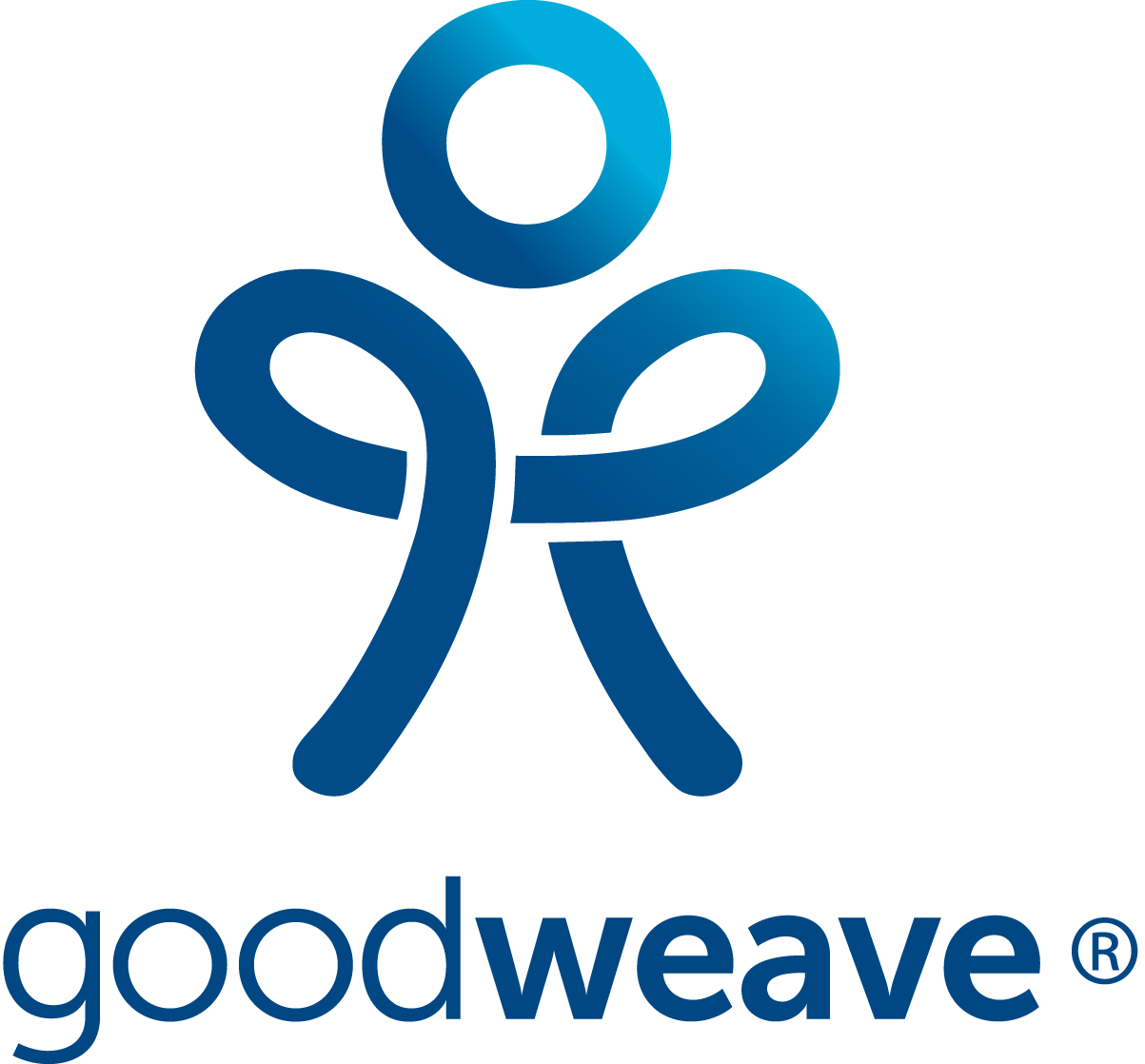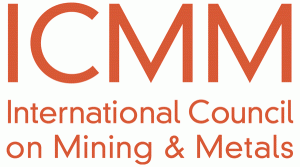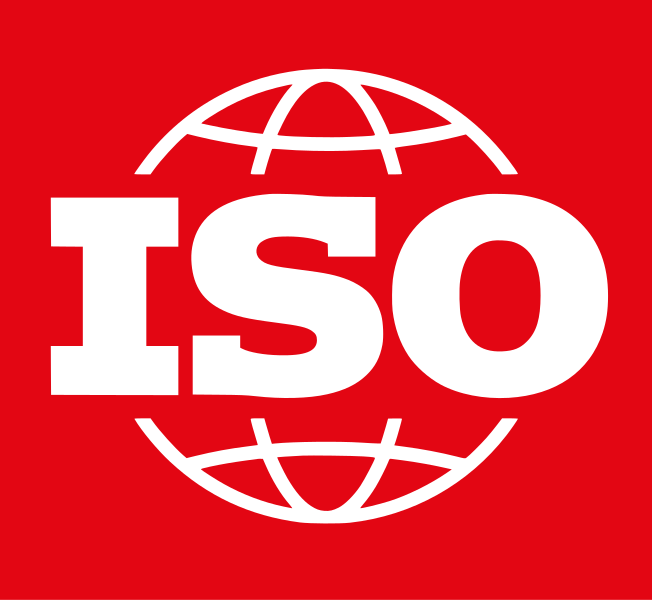Help formalise sustainability expectations by supporting the development of industry standards. A rigorous standard development process should be transparent and involve all stakeholders. Transparency is essential because it inspires trust and facilitates action among various players. This entails consistently updating and sharing standard-related information. The standard itself should have verifiable requirements and full coverage of the value chain.¹ It is also important to have a plan for future refinement. For instance, conducting regular reviews can bolster credibility and incite further action.²
If your organisation is smaller or lacks a reputation for sustainability, it may be more difficult to get involved in standard setting. You will need to build relationships with others, for instance, by participating in industry initiatives and events.³
EXAMPLE: Apparel brands commit to a standard system for assessing social impact.
Apparel brands are replacing their proprietary auditing tools with the Higg Facility Social & Labour Module standard scoring system. The tool removes the need for individual audits, reducing supplier fatigue, freeing up time and resources for suppliers, and enabling data comparability.⁴
EXAMPLE: Palm oil value chain participants join forces to develop a sustainable palm oil standard
Organisations across the palm oil value chain, from processors to financiers, have joined the Roundtable on Sustainable Palm Oil (RSPO). They aim to reduce the environmental and social impacts of the palm oil industry by implementing a global sustainability certification standard.⁵
EXAMPLE: Fashion brands partner up to tackle forced labour
Recognising the systemic nature of forced labour among foreign migrant workers involved in their Asian supply chains, seven apparel and footwear companies came together to help address the issue. With support from the NGO Verite, they have developed a standardised reporting and assessment process. It facilitates supplier reporting on worker recruitment fees which are often responsible for saddling migrant workers with unpayable debt.⁶
EXAMPLE: GSK’s sustainable sourcing standards
Within its sustainable sourcing program, the pharmaceutical company GSK worked with internal and external experts to develop five sustainable sourcing standards for materials that currently lack robust certification schemes. The standards cover key impact categories and contain a clear list of requirements to clarify a route to achieving sustainable sourcing.⁷





